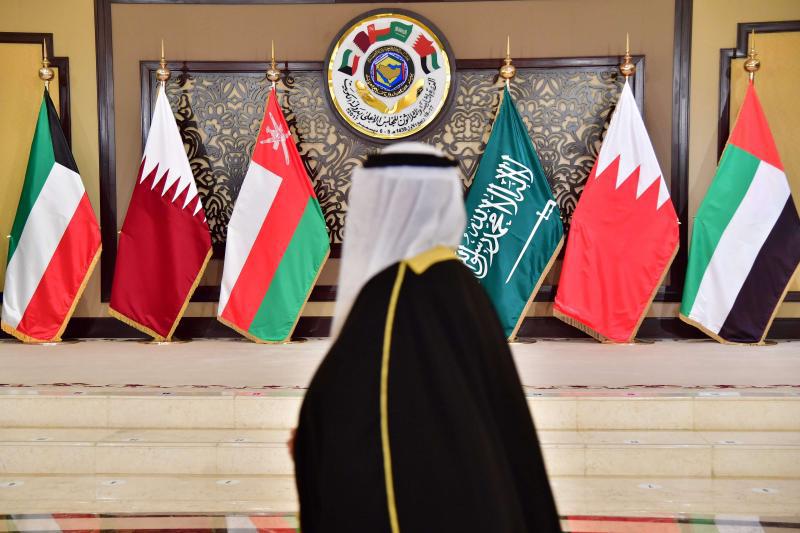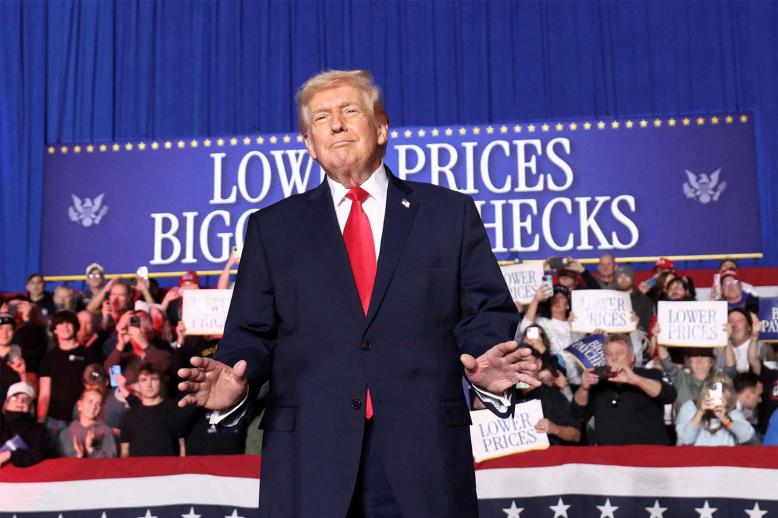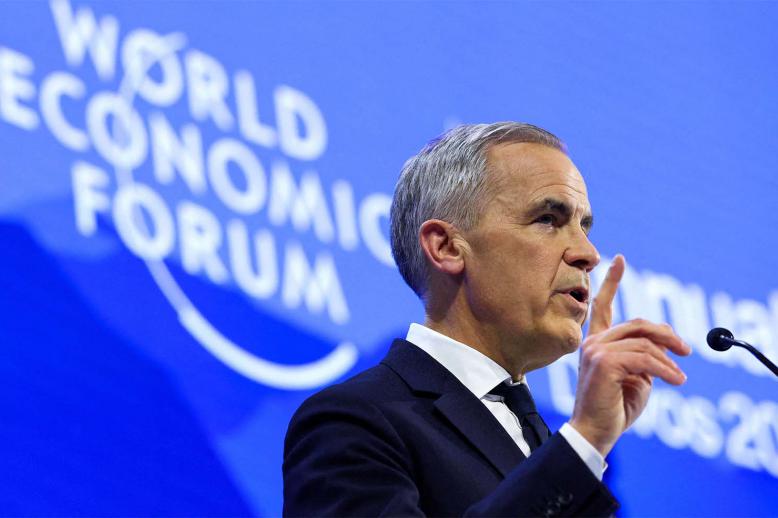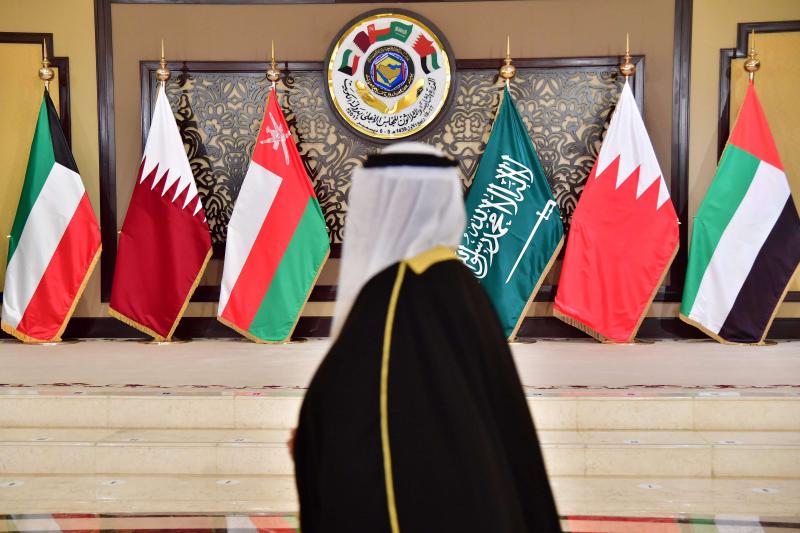A year on, no end in sight for Qatar boycott
After 12 turbulent months, hopes for a quick end of the Qatar boycott by four Arab countries have been dashed and all indicators point towards a long and unwavering estrangement.
A year ago, Saudi Arabia, the United Arab Emirates, Bahrain and Egypt cut off diplomatic and economic ties, including closing shared borders, sea routes and airspace, with Qatar. They had complained of Doha’s alleged support of Islamist terrorist groups, such as the Muslim Brotherhood, as well as its ties with Iran.
The so-called Arab Quartet made 13 demands that Qatar needed to comply with for the sanctions to be lifted. The demands included shutting down Al Jazeera media network, severing links to radical groups and downgrading ties with Iran.
Ahead of the annual Arab League summit in April, the Arab Quartet’s foreign ministers stressed their “firm position on the necessity of Qatar’s fulfilling the list of 13 demands.”
Despite international efforts to mediate a solution, the situation has not improved. Doha recently made the cosmetic move of banning imports from the Arab Quartet and strengthened its relations with Iran.
Statements from Gulf officials throughout the last year suggest the dispute has fallen in priority for the Arab Quartet. Saudi Crown Prince Mohammed bin Salman bin Abdulaziz told Egyptian media in March that the issue was “trivial.” He dismissed Qatar as “smaller than a Cairo street.”
The crown prince also compared the dispute to the 60-year US embargo of Cuba, which was likely unsettling to Qatari officials hoping for a speedy resolution.
The pace of regional change has not helped Qatar. Most of the countries involved in the dispute have been initiating economic and social reform programmes in addition to addressing terrorism and the threat posed by Iran’s expansionism.
The boycott has had an adverse effect on Qatar’s economy and members of the Gulf Cooperation Council (GCC), of which Qatar, Saudi Arabia, the UAE and Bahrain are members, are looking outside the traditional confines of the bloc for opportunities.
Non-energy sector trade between the UAE and Qatar was expected to deteriorate following an announcement last December that the UAE and Saudi Arabia would establish a military and trade partnership outside the auspices of the GCC.
An official statement from the UAE said the new committee would coordinate between the UAE and Saudi Arabia “all military, political, economic, trade and cultural fields, as well as others, in the interest of the two countries.”
Analysts said the 12-month boycott has had minimal effect on the Arab Quartet’s economies.
“The consequences of a long-term estrangement are asymmetric: The quartet is not suffering nearly as much as Qatar is,” Mohammed Alyahya, a non-resident fellow at the Atlantic Council think-tank told the Financial Times, which reported that Doha has had to repatriate billions of dollars from its portfolio overseas to bolster its economy.
Qatar’s real GDP growth dropped from 2.2% to 1.6% in the last year, stated a report by the Economist, which stressed that the dispute “will prevent any meaningful surge in growth in the coming years.”
One of Qatar’s economic achievements is suffering due to the boycott. In an interview with London’s Telegraph newspaper, Qatar Airways CSO Akbar al-Baker, who has headed the airline since 1997, admitted that if the boycott by the quartet of countries is not lifted, Qatar Airways would seek out government financial support.
“If this blockade continues then I’m sure that the government will be prepared to inject capital because Qatar Airways is a very important economic tool,” he said.
Qatar Airways had been considered one of the most successful companies in the aviation industry.
Some analysts say Qatar will push for a compromise as the 2022 FIFA World Cup approaches, needing to pull out all the stops to guarantee its success. Until then, it is likely that Doha’s relationship with the Arab Quartet will continue to deteriorate.
Mohammed Alkhereiji is the Arab Weekly’s Gulf section editor.
This article was originally published in The Arab Weekly.







